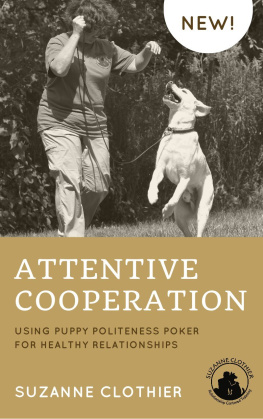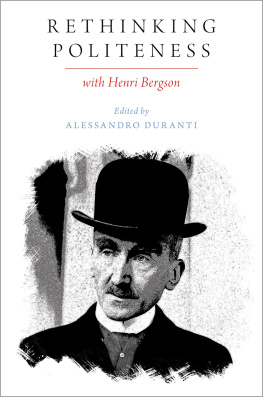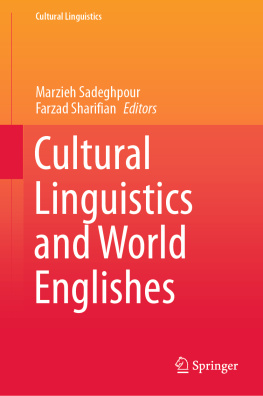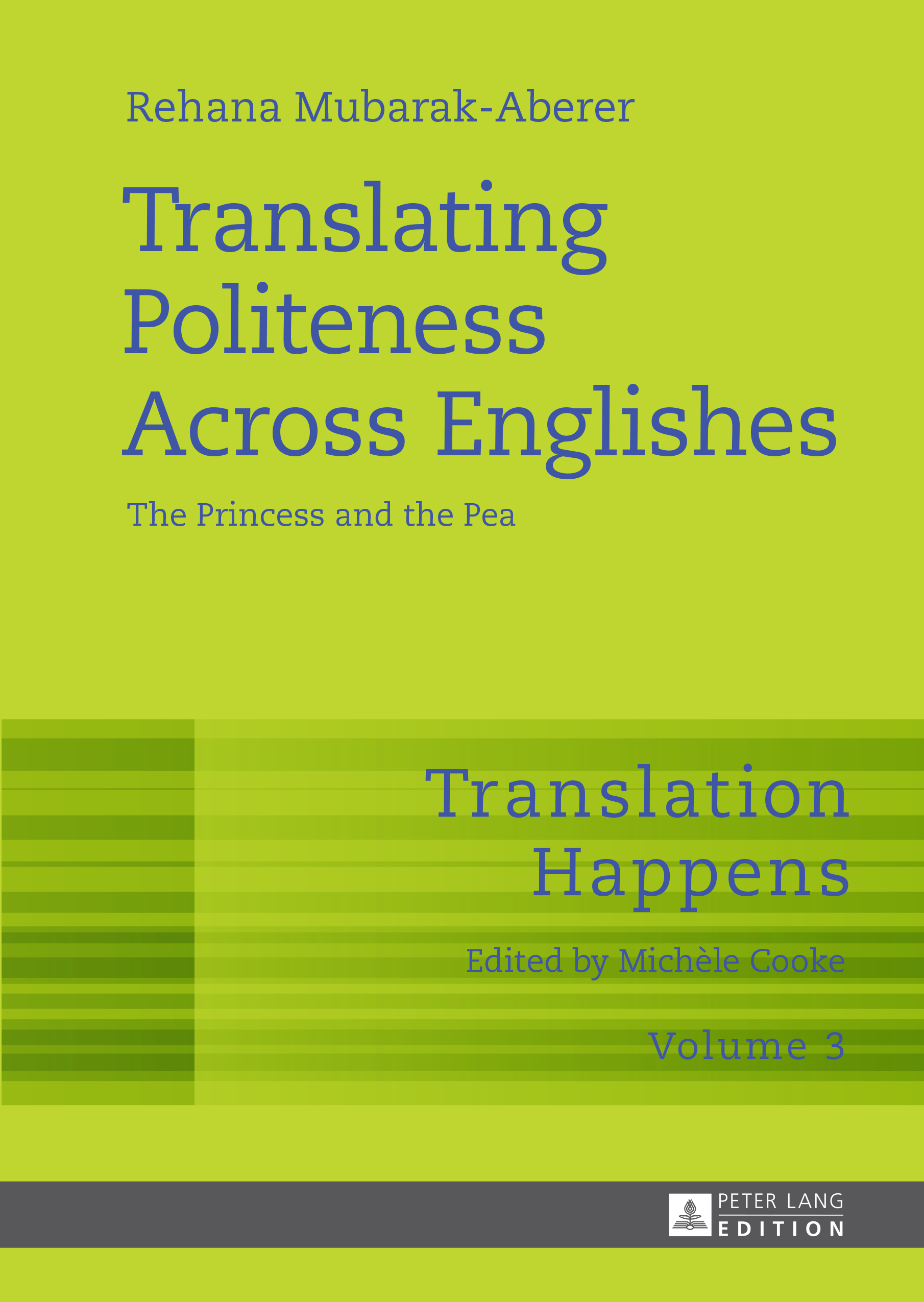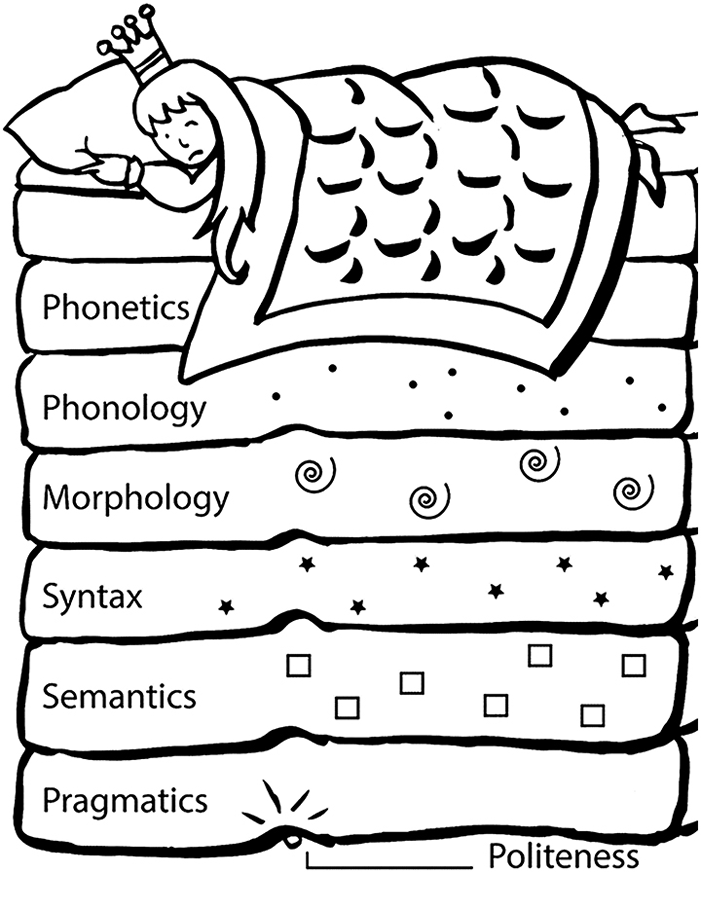FTA: Face Threatening Act
CCSARP : Cross Cultural Speech Act Realization Project
FG: Focus Group
TW: Twitter Group
DCT: Discourse Completion Test
DBMS: Data Base Management System
DB: Data Base
OLAP : On-Line Analytical Processing 9 | 10 10 | 11
This book is an abridged and revised version of my PhD thesis which was submitted to the University of Vienna in 2015. I am grateful to all the people who have helped me while I was carrying out the research, writing the thesis, and converting it to a book.
My greatest debt of gratitude is to Prof. Dr. M. A. Michle Cooke who supervised the PhD thesis. As a wonderful advisor and mentor, Prof. Cooke encouraged me throughout the whole project, motivating me to continue asking critical questions and providing me with valuable feedback.
Furthermore, I would like to thank all survey participants for their time and contribution to the empirical work, and to all friends and colleagues, who helped me distribute the survey. For their invaluable critical questions, proofreading and mental support, and for simply being who they are, I would like to thank Anoj, Judith, Erika, Jon and Jackie, Daniela and Clinton.
Finally, I want to thank my family for their patience, support, devotion and love. 15 | 16 16 | 17
In our infancy, before we are cursed with the gift of speech, we live, writes the poet John Berger, in a seamless experience of wordlessness. An innocent age, when one is able to live immediately and wholly. Before we have learned to wield the scalpel of language to dissect and discard the unsayable.
Yet, is not all experience wordless? How do you say: Its alright. Dont worry. I understand, in Greek?
A hilltop on an autumn evening. The sea glinted softly in the distance. We had wound through chestnut groves and sleepy vineyards for hours, the little red car panting up white roads, past houses the colour of the sky and chapels that had lived there for ever.
On the road in front of us, mounds of grapes lying in the dust. A man in a Cretan cap was loading them into wicker panniers on the back of a grey donkey. He worked slowly and thoroughly, picking up stray bunches and placing them gently into the baskets. The donkey stood still and placid, blinking patiently at the flies and the slanted sunlight.
We waited. Finished the water in the flask. Smiled at the donkey. Finally, the last grapes were loaded and my companion spluttered the car back to life. The old man came over to my side of the car, motioned me to open the window. He reached through and placed a bunch of golden grapes in my hands, oozing with summer sunshine. I didnt even know how to say Thank you in his language. So I smiled, and kissed my hand to him.
My friend proffered me something. A ten-Euro note. Go on, give it to him. Its what they expect. I turned from the sudden stranger at my side to the old man, and back again. Go on.
The old man looked at the note cringing between my fingers. His eyes held mine, just for a moment. He shook his head. Smiled. Nero, nero. Smiled again. I smiled back. Shoved the money into my pocket, out of sight. I felt the grapes warm and plump in my lap. I put one to my lips; he shook his head again. Nero, nero.
I smiled goodbye. He stood and waved as we drove down the hill.
So, what did he say?
I think he said, its okay, he didnt want the money.
It was only when we got back to the hotel that I learned that nero is Greek for water. And that he was probably telling us to wash the grapes before we ate them. 17 | 18
Or was my first translation the right one? This gentle-mans politeness to the stranger. The wordless still needs to be carried by words.
To the underprivileged, home is represented, not by a house, but by a practice or set of practices. Everyone has his own. These practices, chosen and not imposed, offer in their repetition, transient as they may be in themselves, more permanence, more shelter than any lodging. Home is no longer a dwelling but the untold story of a life being lived.
Our words, as much as any other actions, are part of the unfolding story of lives being lived. The practices we have grown accustomed to, create a sense of comfort and peace. In the end, this is what politeness is all about: recognition of our claim to consideration and respect. We are all used to expect this consideration to be shown in particular ways. And when this is not forthcoming, we feel shunned and ill-at ease. Rehana Mubarak-Aberer shows in her meticulous study how very little deviation from the comforting repetition can suffice to create communicative irritation. Yet she also shows that, against all odds, people do manage to adapt their practices and expectations. That they can indeed address others who have very different concepts of what constitutes communicative home. And that it is possible to do so in such a way that we are all able, however transiently, to feel at home. No matter what the context, or what the setting: Politeness gives comfort. And translation happens.

Vienna, March 2017 | Michle Cooke Series Editor |
18 | 19
Berger, 1991, p. 32.
Berger, 1991, p. 64.
Source: Author
Every book tells a story including scientific books. With this book, I would like to tell you about the story of the princess and the pea. You may already know Hans Christan Andersens version, published in Denmark in 1835. The fairy tale tells of a prince who plans to marry a real princess. One stormy night a young lady seeks shelter in the princes castle and claims to be a princess. The princes mother tests the royal identity of the young lady by secretly placing a green pea under forty layers of bedding. Because of the pea the princess cannot sleep. She feels that there is something beneath the bedding but cannot identify it. At the time of the storys publication sensitivity was a highly appreciated attribute of women. Since the young lady demonstrates her sensitivity during the pea test, she proves to be a real princess. How is this fairy tale related to politeness in Englishes?
Today, anyone who uses English in international and transcultural contexts and wishes to communicate successfully is in a similar situation as the princess in Andersens tale. While the princess is expected to feel that there is something 19 | 20 beneath all the layers of beddings, in multicultural contexts communication partners have to grasp each others conceptualization, perception and realization of politeness to communicate successfully. While the princess has to overcome all the layers of bedding to sense the pea, for professionals in international contexts the different linguistic levels represent an obstacle, i.e. phonetics, phonology, morphology, syntax, and semantics. Furthermore, the communication partners need to understand each other on the pragmatic level, of which politeness is a key aspect. The princess is able to sense the existence of something unusual, but she cannot identify it as a pea. Similarly, communication partners may sense that on the pragmatic level communicative patterns of their interlocutors are different, however, are not able to clearly identify the difference. 20 | 21
Job announcements, commissioners requirements, and general expectations in the translation business or other industry sectors seem to imply that a native speaker. Particularly with regard to English, the mother tongue principle needs to be re-thought, since English has been spreading during the last five hundred years.



